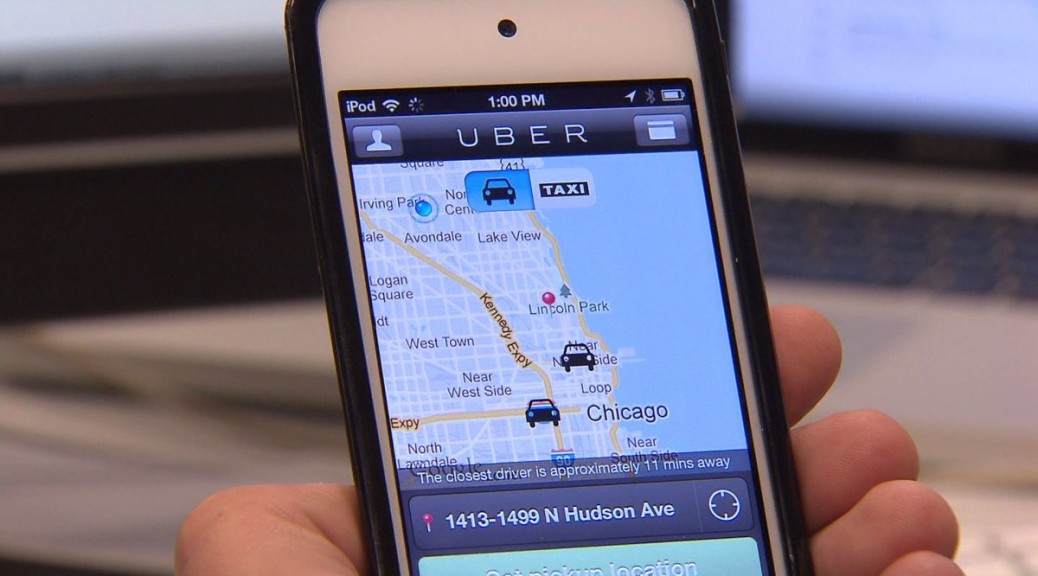Ridesharing services have been in business since the 40s. But it just gained worldwide success in the past couple of years. But with its success comes a tenfold of controversies and issues. The majority of the issues revolve around the “war” between traditional cabbies and ridesharing companies. As a passenger and spectator, many question the legality and safeness of ridesharing services. Do they follow the same rules as conventional cabbies? And are they even following the rules?
Here in Chicago, the fight between cabbies and rideshares is still evident. And with the newly proposed ridesharing services rules happening in other key cities, like in Seattle, the transportation status in the Windy City will continue to be a topic of debate. The silver lining with these seemingly never-ending issues is the modernization of the traditional cabbies in Chicago. For instance, the launch of the Universal Taxi app. This is the new software that the Universal Taxi Dispatch offers to its clients to make the commute easier and faster. With this app and other new devices used by Chicago cabbies, the drivers (and companies) can compete with ridesharing service giants like Uber and Lyft.
The Rules Ridesharing Services Play
It seems like every week new updates and news are being headlined by various car-sharing services, particularly Uber. Just a couple of weeks ago, it has been said that Uber’s new focus is to push key cities in the US to pass new regulations that will finally move its service out of the shade it still occupies. These regulations involve a law that will recognize ridesharing servicesas distinct from traditional cabbies. The new rule that Uber pushes have already succeeded in 17 cities and four states across the US. The pro-Uber ordinance became a new regulation in other countries as well, such as in India. This new rule makes car-sharing companies, taxis, limos, and other similar modes of transportation be known as transportation network companies. This rule is basically a service that doesn’t rely on employed drivers and owned vehicles, but more on the app or software used to connect car-sharing services to passengers.
Does Uber – as well as other car-sharing companies – play with the same rules followed by the majority of conventional taxis? In my opinion as an experienced cabbie operator, yes and no. They follow the rules, but they stretch them to their limits – to the extent that some rules are being changed to their advantage. What can conventional taxi companies do to make the playing field fair? A lot.
Even with the popularity of Uber and Lyft, we can still be the go-to mode of transportation of commuters. Taxis have been present for many decades now. And the industry, even with its ups and downs, still thrives. The intense rivalry from ridesharing services created positive results like the Universal Taxi app and other new softwares that conventional cabbies use these days. And what passengers can always count on traditional taxis is their respect to regulations. And everyone knows, following the rules mean following what is safe and regulated.
